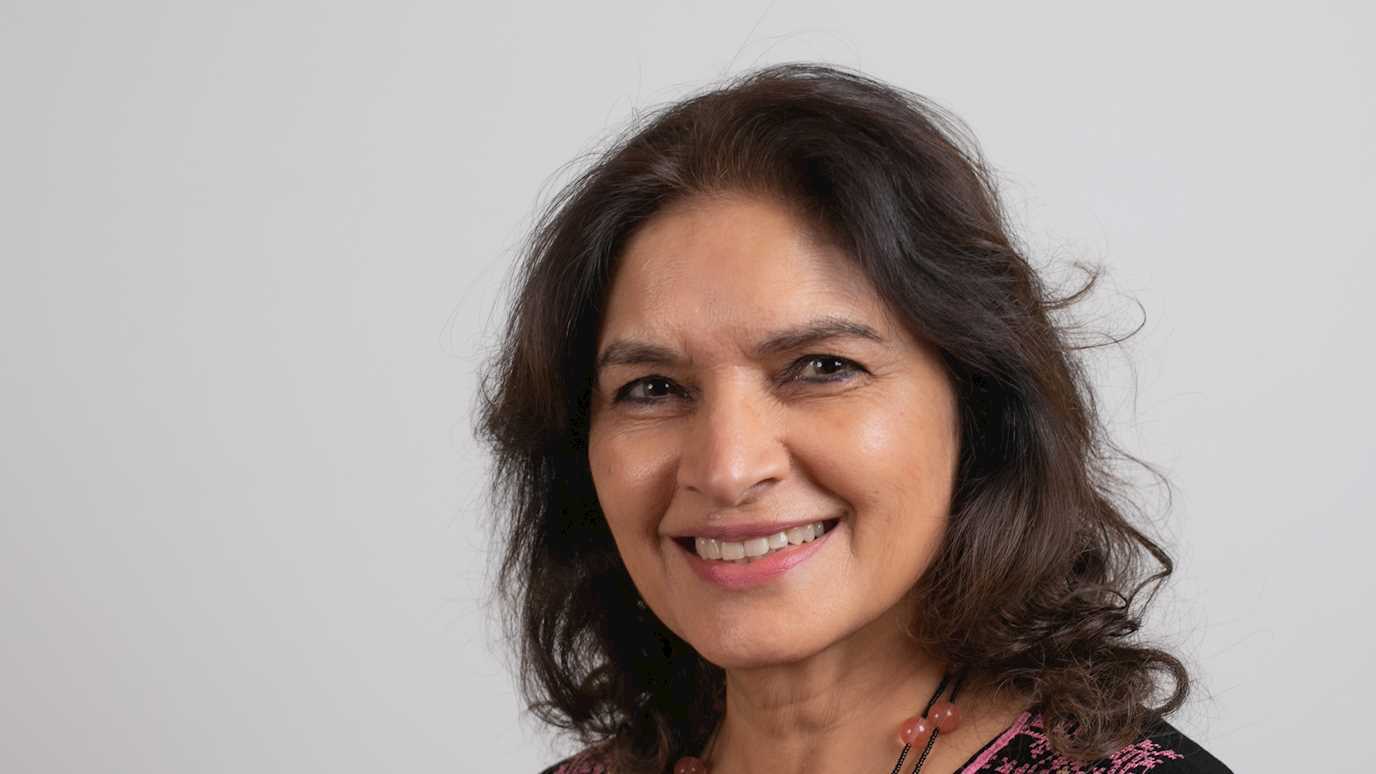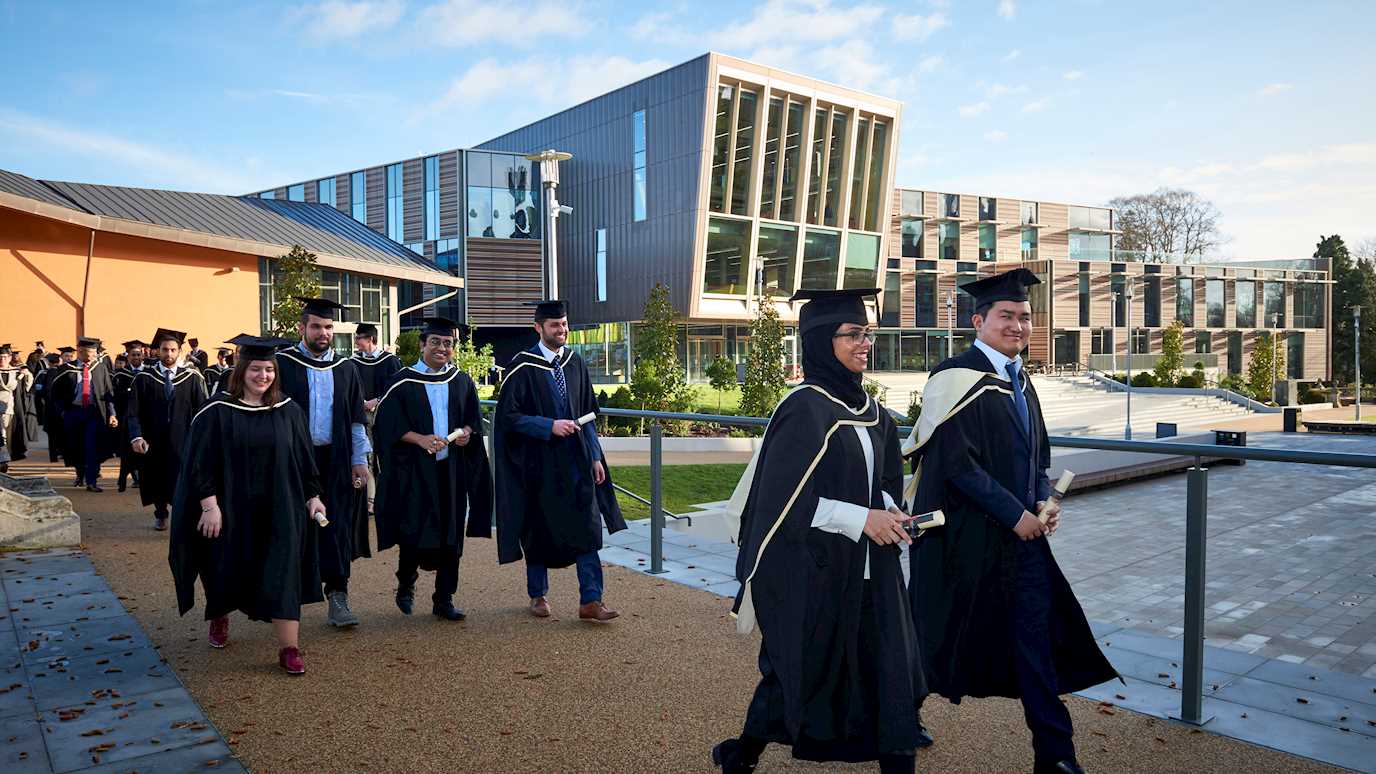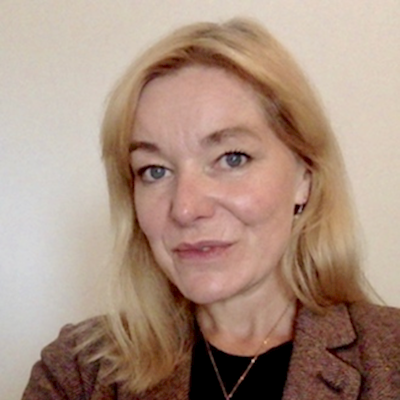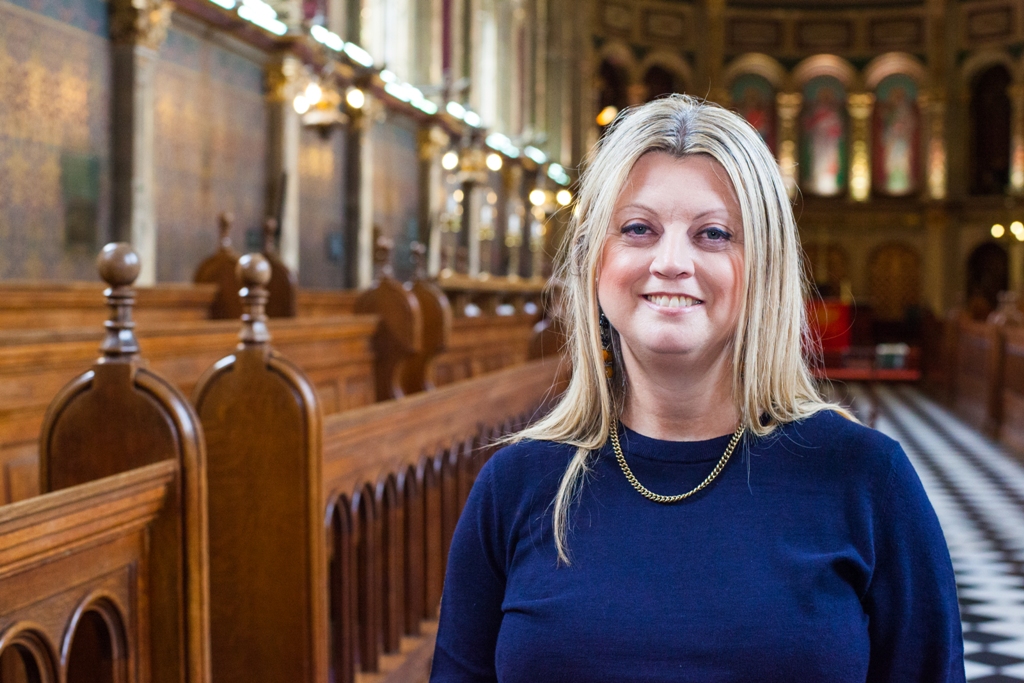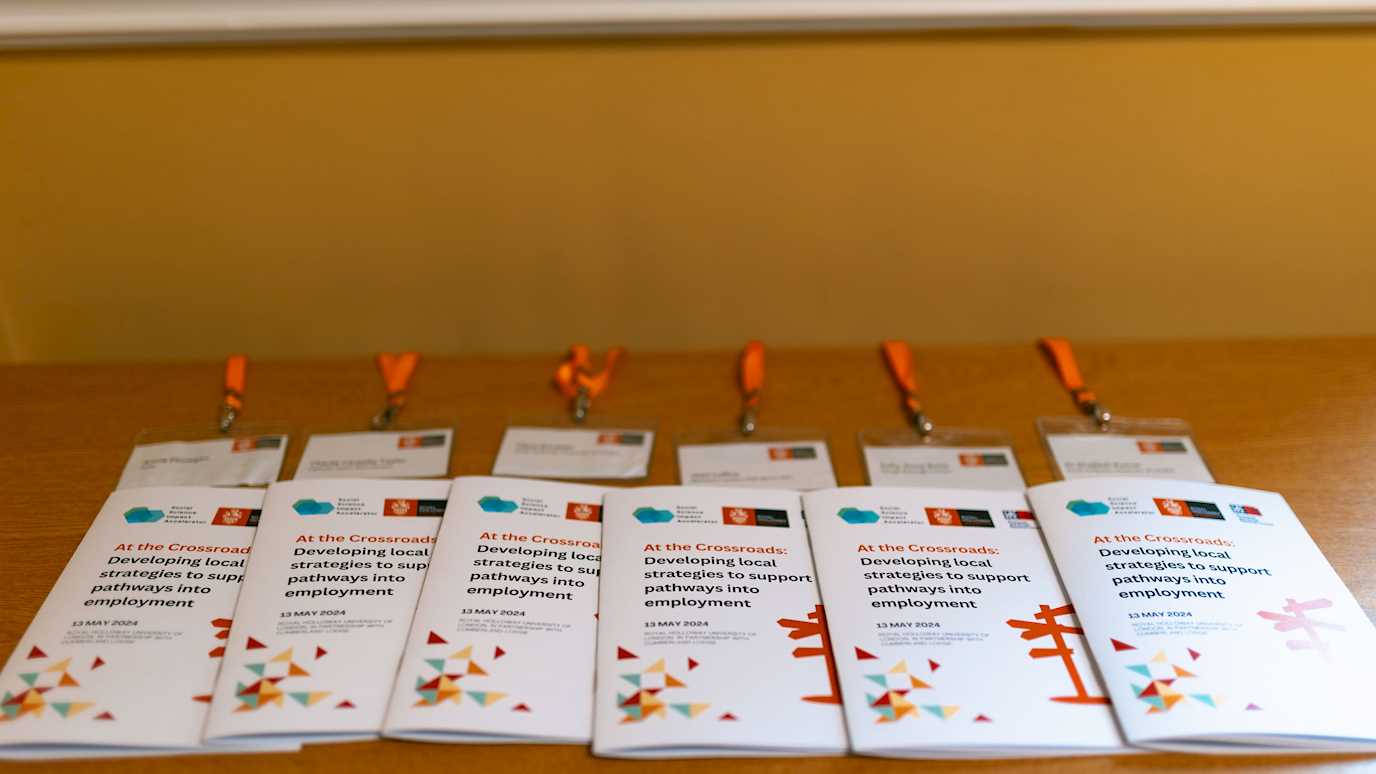Dr. Elizabeth Pearson presents at the launch of the REASSURE report on the mental and emotional tolls to researchers studying extremism online.
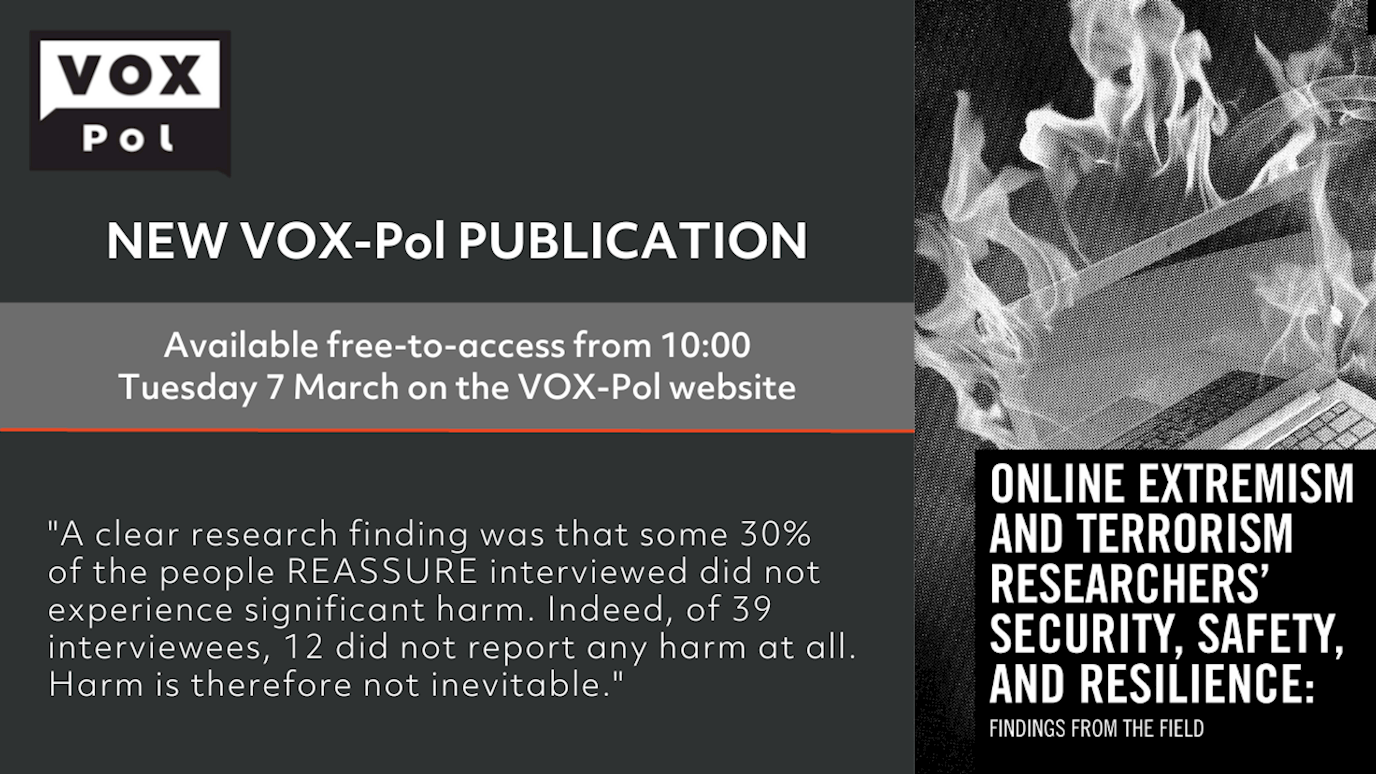
Criminology lecturer Dr. Elizabeth Pearson introduced the REASSURE (Researcher Security Safety and Resilience) Report, published by VOX-Pol at an online event hosted by Swansea University. She emphasized the core argument of the report, that institutions need to do more to safeguard researchers of online extremism and terrorism.
Dr. Pearson presented key findings on the harms to researchers of engaging with extremist and terrorist material online, based on REASSURE research interviewing 39 academics at global north universities and think tanks. Although stressing, harms were not inevitable, she outlined key risk areas: emotional and mental health difficulties; physical harms, such as death threats or trolling and doxing; and professional harms caused by academics reducing their visibility, due to fear of the above. She noted that the groups most vulnerable to professional harms were early career researchers, women and researchers of colour.
Jacob Davey, the Research Head of Research & Policy for Far-right and Hate Movements at the Institute for Strategic Dialogue (ISD), and Meili Criezis, Graduate Fellow at the Polarization and Extremism Research and Innovation Lab (PERIL), at American University, offered their reflections on the research and their own experiences on this topic. Dr. Joe Whittaker at Swansea University was chairing.
The REASSURE report was published on 7 March by VOX-Pol, the online terrorism and extremism research network. Co-authors on the report are Dr. Joe Whittaker from CYTREC at Swansea University, Till Baaken from the Institute for Strategic Dialogue, Sara Zeiger, Farangiz Atamuradova and Professor Maura Conway of Dublin City University.










